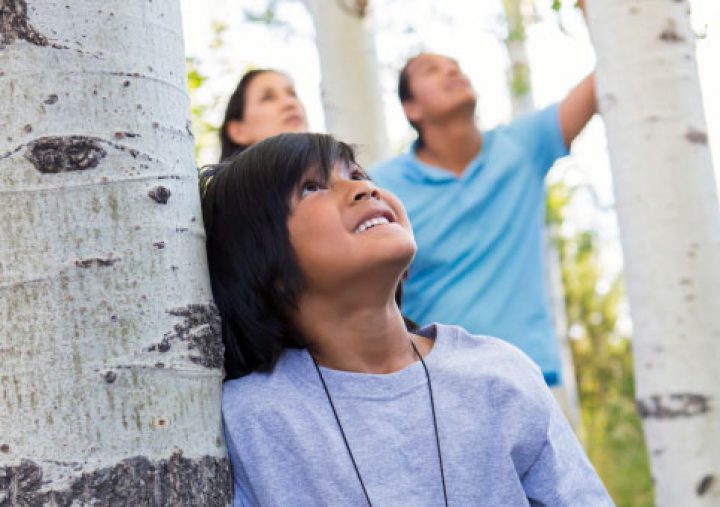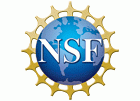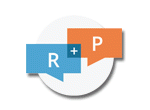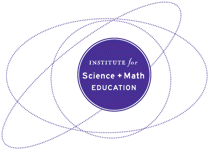Teaching STEM In Ways that Respect and Build Upon Indigenous Peoples' Rights

Why It Matters To You
- Teachers should understand and leverage Indigenous students' ways of knowing and values.
- District staff and PD providers should build relationships with Indigenous communities they serve and offer professional development on Indigenous STEM.
- School leaders should learn to recognize what it looks like for Indigenous students to learn Western and Indigenous STEM and how to ensure a dual approach is adopted at system- and classroom-levels.
What Is The Issue?
Indigenous ways of knowing are sometimes thought to be in opposition to and detrimental to the learning of Western Science or STEM. Consequently, indigenous ways of knowing are rarely engaged to support learning. If STEM learning is to be meaningful and transformative for Indigenous youth, respecting Indigenous peoples rights and related critical issues, including Indigenous STEM, settler-colonialism, and decolonization, must be understood and explicitly addressed in Indigenous youths' informal and formal STEM learning experiences.
Authors:
MARISSA SPANG & MEGAN BANG - MARCH 2015
Reflection Questions
- Do you teach Indigenous youth? How can you find out?
- Some students and communities are wary of schools because they are places that historically and presently reflect racism. What are the implications for you?
- Do you take up issues of settler-colonialism and decolonization in your instruction? Do you center and reinforce Indigenous youth’s ways of knowing? If not, how do you think you can?
Things to Consider
- Indigenous Sovereignty/Nationhood and Federal Trust Responsibility: In addition to their unique cultures, languages and territories, Indigenous peoples possess and exercise political sovereignty and nationhood. Consequently, Indigenous students possess dual- (or more) citizenship to their Indigenous Nation(s) and the U.S. Further, the U.S. has a legal trust responsibility with tribes to protect and uphold Native nations rights and resources, physical and cultural. Education is a significant part of trust responsibility.
- The U.S. is a settler-colonial nation that has forcibly removed Indigenous people from their lands (e.g., to "reservations" and compulsory schooling), and exploited Indigenous peoples, plants, and animals for economic profit. Scientists have participated in this in various ways often not in the best interest of Native nations.
- The UN Declaration of Indigenous Rights, passed in 2007, declares in Article 31 the right of Indigenous people to develop their cultural heritage, traditional knowledge...as well as the manifestations of their sciences, technologies, and cultures. The U.S. voted against this right in 2007 and was heavily criticized for failing to uphold trust responsibility. The U.S. became a declaration signatory in 2012.
- Decolonization & Resurgence: Many Indigenous peoples seek to "decolonize." It can take many forms (e.g., eating only local foods, revitalizing Indigenous language). It is a call for the revitalization of Indigenous life ways and the return of Indigenous lands to Indigenous peoples. A notable approach is "everyday resurgence," where Indigenous people engage in the routine practices, values, and traditions of their communities since time immemorial and evolve new practices based in Indigenous values and ways of knowing.
- Indigenous Ways of Knowing are multiple, diverse, and intersect with a host of Western disciplines. Indigenous Science is a broad term that reflects an inter-disciplinary sensibility reflecting Indigenous peoples knowledge and practices past and present..."[it is] a metaphor for a wide range of tribal processes of perceiving, thinking, acting and 'coming to know' that have evolved through human experience with the natural world. Native science is born of a lived and storied participation with the natural landscape" (Cajete).
Attending to Equity
- STEM learning for Indigenous students involves the explicit recognition and teaching about settler-colonialism, decolonization, and resurgence as well as centering Indigenous ways of knowing and values. Attending to these aspects of Indigenous students' lives, identities, and learning will create meaningful and transformative STEM learning and experiences for them and their communities.
Recommended Actions You Can Take
- Review: Implementing Meaningful STEM Ed with Indigenous Students & Families
- Invite Indigenous elders, guest speakers and storytellers into your classroom and authentically partner with them to teach ongoing (not sporadic) Indigenous STEM and ways of knowing. Provide "everyday resurgence" opportunities for students.
- Build meaningful relationships with your Indigenous students, their families, and their communities. Learn their ways of knowing directly from them, e.g., by attending community events.
- Openly and regularly acknowledge on whose original Indigenous territory the learning is taking place, e.g., where the school is located. Engage all students in practicing the naming of places, plants, and processes according to students' Indigenous knowledge systems.
ALSO SEE STEM TEACHING TOOLS
STEM Teaching Tools content copyright 2014-22 UW Institute for Science + Math Education. All rights reserved.
This site is primarily funded by the National Science Foundation (NSF) through Award #1920249 (previously through Awards #1238253 and #1854059). Opinions expressed are not those of any funding agency.
Work is licensed under a Creative Commons Attribution-ShareAlike 4.0 Unported License. Others may adapt with attribution. Funded by the National Science Foundation (NSF). Opinions expressed are not those of any funding agency.


 Email Feedback
Email Feedback


